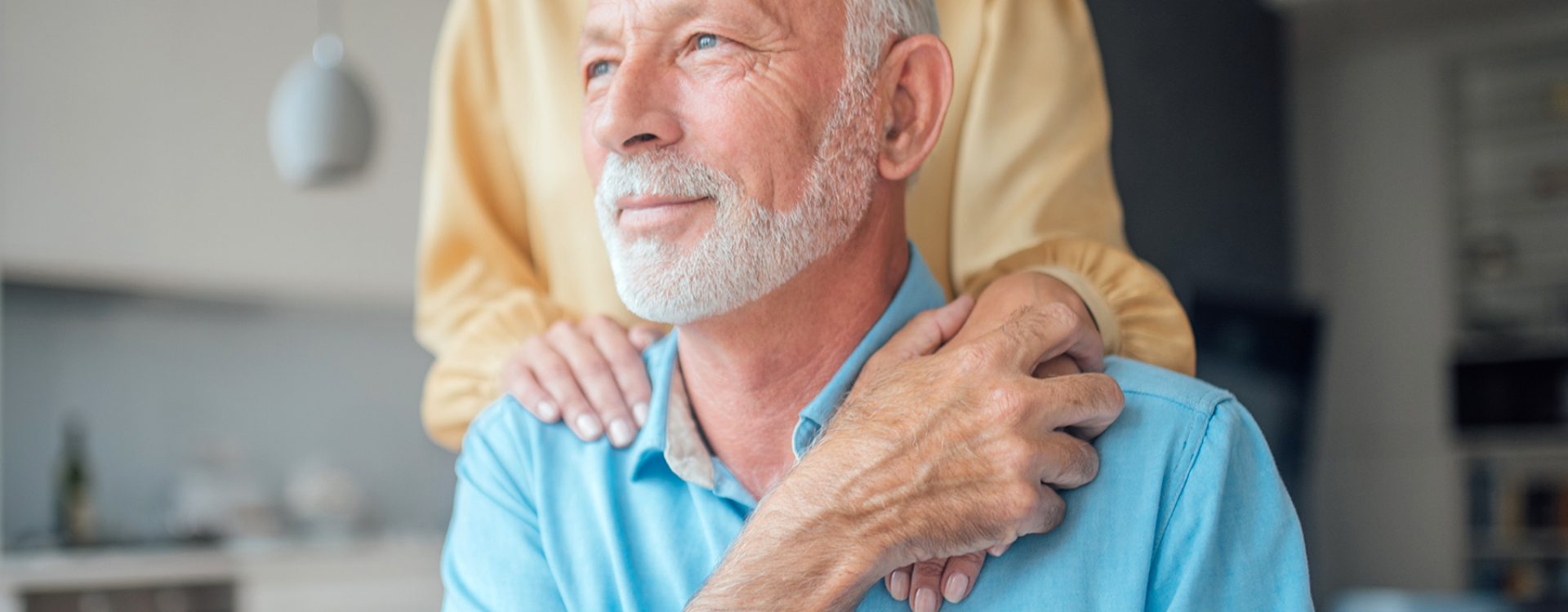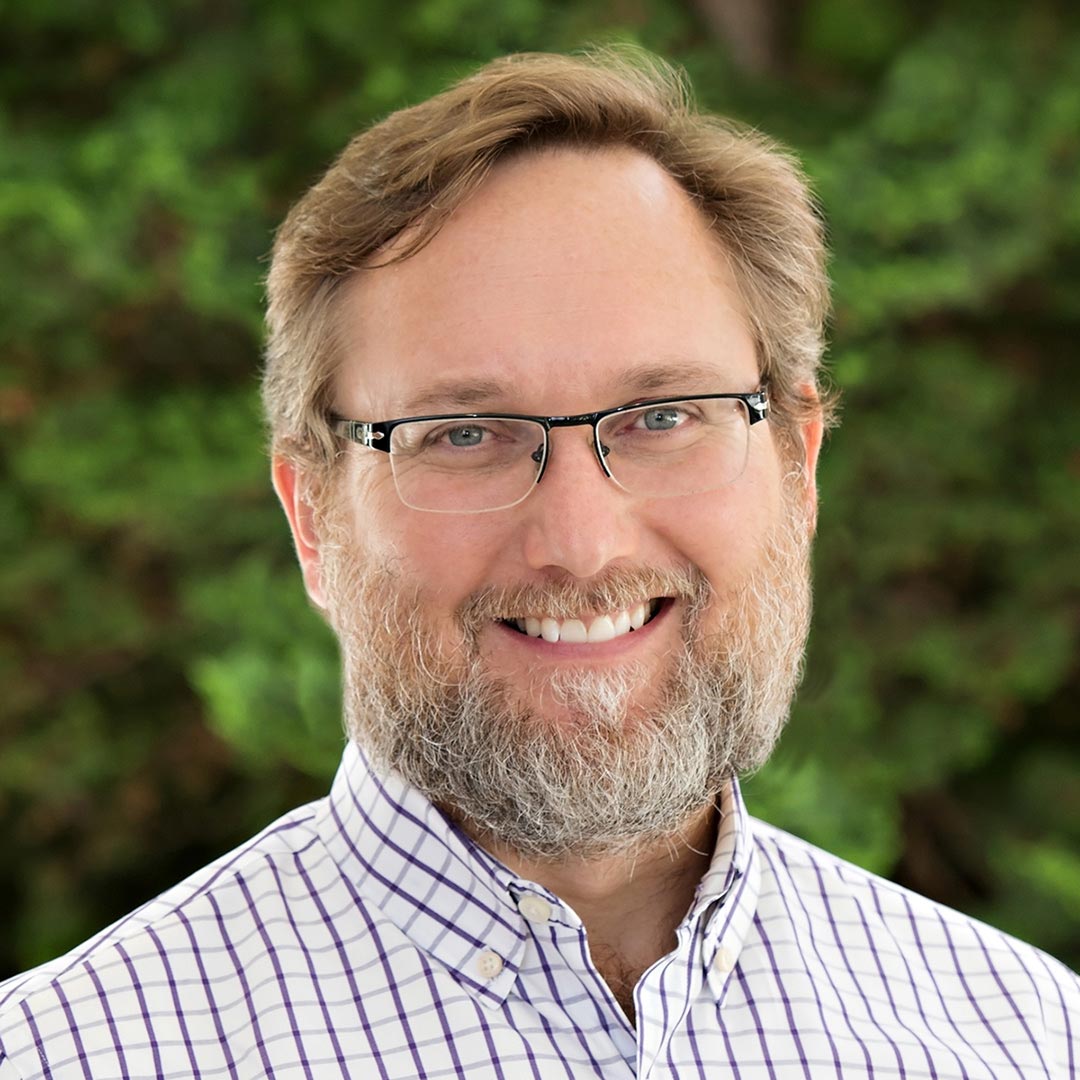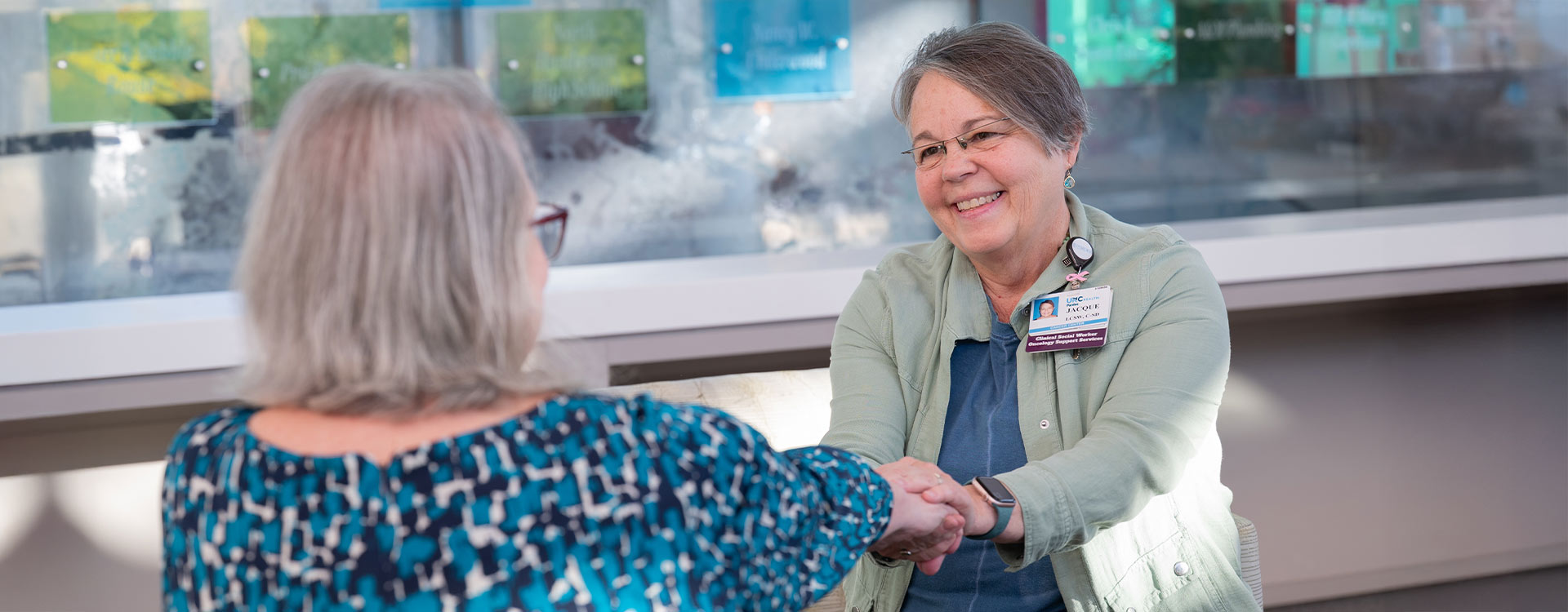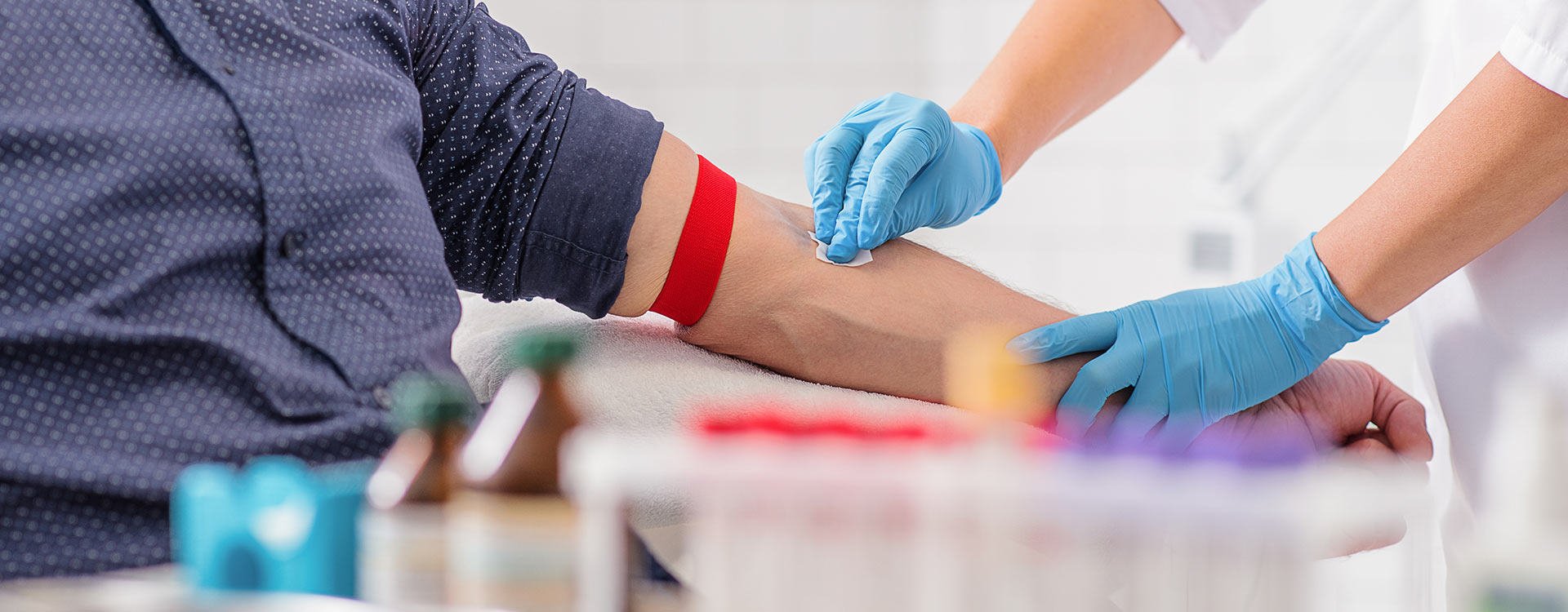A stroke is an eye-opening life event for patients and their loved ones. While the initial few days of recovery are focused on getting you healthy enough to be discharged from the hospital, patients are soon faced with the confusing and demanding task of facing life after a stroke.
The Early Days
Early on after a stroke, medical specialists will evaluate and determine the underlying reason to create a treatment and rehabilitation plan. Therefore, it is important to address the underlying causes of stroke, which include high blood pressure, diabetes, atrial fibrillation (fast, irregular heartbeat), heart disease, and atrial fibrillation. Your doctor may prescribe or advise you to adopt other healthy lifestyle habits, like working out or altering your diet. Surgery might also be required in some severe circumstances.
Even though every patient is unique, the body, mind, and emotions can undergo major changes right after a stroke. Memory challenges, speech difficulties, visual disturbances, paralysis, and swallowing troubles are among the most typical changes you should expect.
Road to Recovery
You will make the most progress during the first three months after a stroke, which is important for recovery. The majority of patients start and finish what is known as stroke and brain rehabilitation during this time because a stroke is considered a brain injury.
Physical, occupational, and speech therapists work together as a multidisciplinary team to provide stroke and brain injury therapy. These specialists address functional, cognitive, and physical deficiencies one-on-one. Treatments may involve cognitive, language, or swallowing training, the use of new adapted equipment, balance and strength training, and education to reduce the risk of subsequent stroke and brain injury. Regaining independence is the ultimate goal.
Emotional Recovery
Many stroke victims struggle to adapt to their “new normal” after rehabilitation. Strong social support can dramatically impact stroke victims’ physical and physiological health. A good form of social support can come from family members, especially spouses.
Stroke survivors usually benefit from encouraging attitudes and support from loved ones as they recover. When faced with difficulties related to self-esteem and self-image after impairment, family acceptance and support might be helpful. Keeping active and participating in hobbies and social activities as much as possible, visiting with family and friends frequently, and making objectives for tangible things to aim for are all suggestions for aiding persons recuperating from a stroke.
Preventing Future Stroke
The American Heart Association estimates that more than 795,000 Americans have a stroke each year. Nearly one in four people will experience another stroke; therefore, your objective after leaving the hospital is to stop one from happening. Approximately 75% of these are first-time strokes.
It is important for stroke survivors to prioritize restoring their emotional health to the greatest extent possible, but it is also critical for them to have continued medical care to prevent additional strokes. Risk factors that should be controlled include high blood pressure, atrial fibrillation, smoking, cardiac disease, diabetes, and high cholesterol.
Diet and exercise are both crucial. Make sure you eat a lot of fruits and vegetables that are fresh. Consuming meals high in fiber and low in saturated, trans, and cholesterol will help you avoid high cholesterol and lower your risk of having another stroke. Cutting back on salt and sodium can help decrease blood pressure.
It’s crucial to take any given drugs as directed, especially blood thinners, and to maintain close contact with your doctor and therapists.
Setting Reasonable Expectations
Stroke survivors confront several difficulties on the road to recovery after a stroke. But these obstacles can be addressed with perseverance, training and family support. Setting suitable and realistic expectations, praising your successes, and getting in touch with other stroke survivors can all make a huge impact.
Visit pardeehospital.org to learn more about stroke care.





